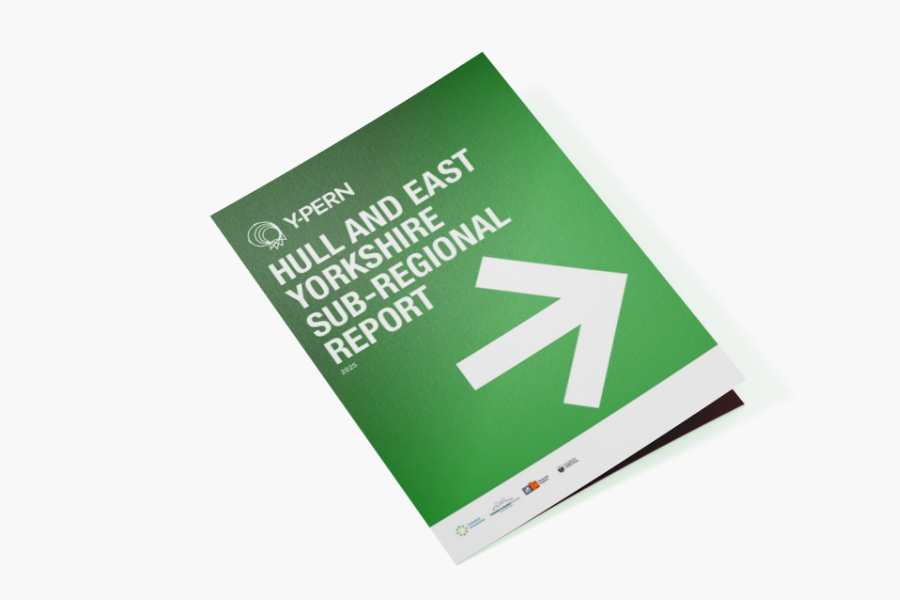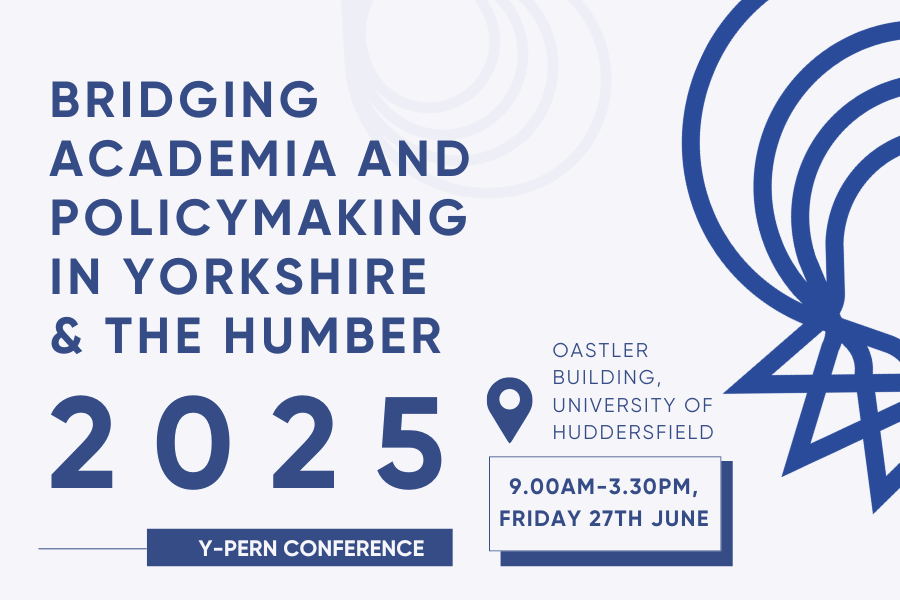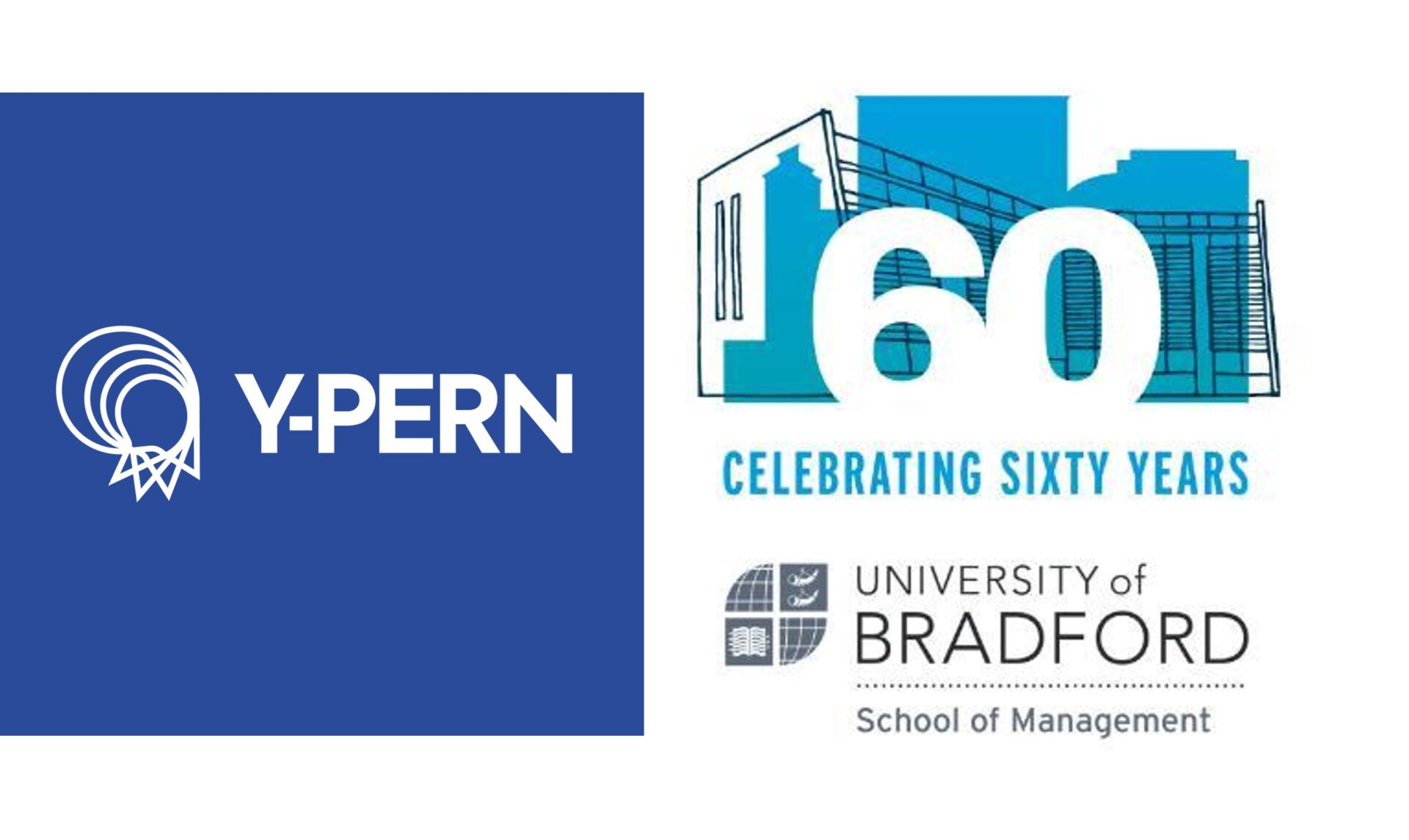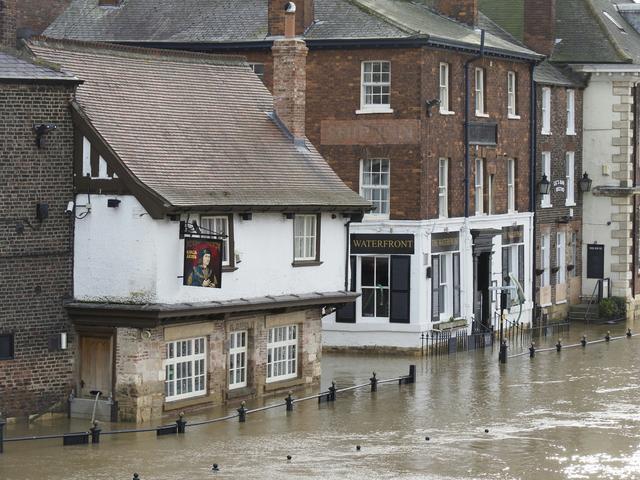This article was first published on the University of Sheffield’s website.
University of Sheffield data scientist Dan Olner is part of the pioneering team working with Y-PERN (The Yorkshire & Humber Policy Engagement and Research Network), a partnership that links the worlds of academia and local government.
Making South Yorkshire an even better place to live and work isn’t simply about throwing public money at ‘off-the-peg’ initiatives.
It means developing bespoke policies and plans which reflect the voices of local people and the unique characteristics of the area itself – and that’s where the University of Sheffield comes in.
The University is one of 12 across Yorkshire and Humber that have teamed up to give the region’s local authorities the expert knowledge and data that they need to develop policies and plans tailored to the specific needs of people in their different authority areas – including ‘newly’ formed mayoral areas.
University of Sheffield data scientist Dan Olner is part of the pioneering team working with Y-PERN (The Yorkshire & Humber Policy Engagement and Research Network), the new partnership linking the worlds of academia and local government.
Dan, who is an expert in economic geography, politics and international relations, as well as data science, is based in the University’s Management School but his Y-PERN role means spending lots of time at the offices of South Yorkshire Combined Mayoral Authority (SYMCA) – the authority that he has been paired with.
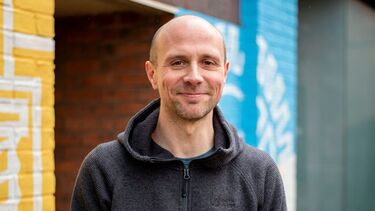
Dan said: “Y-PERN is about strengthening the glue between Yorkshire and Humber’s universities and its local and mayoral authorities and I’m one of around a dozen academics embedded in the region’s local government bodies. Over the years, local policy spaces have lost a lot of the expertise that they once had, making it harder to have insight into what’s happening in our own regions. Y-PERN is playing a small part in helping turn that around – not by ‘transmitting expertise’ from universities, but by embedding within policy teams who are also experts in what they do, and collaborating deeply.”
“I’m regularly in SYMCA’s Sheffield office, working with them on specific projects. That experience has been fantastic – the level of daily collaboration is high. As one of the other fellows said: ‘The policy environment changes massively faster than academia,’ making for a very different structure and pace. And SYMCA is full of incredibly smart and dedicated people.”
Y-PERN is all about ‘place-based’ economics and generating data to make sure that Yorkshire’s councils are equipped to understand the current and future needs of the people in their different areas, the historic strengths and weaknesses – and the future opportunities too.
The partnership’s website explains that YPERN itself is ‘changing the way researchers and policy makers work together to develop inclusive, place-based policies across Yorkshire & the Humber.’
For Dan, the work means harnessing his research skills to gather evidence and data from around the world that contribute to the authority’s decision-making processes, its strategic objectives to build a stronger, greener, and fairer economy and what SYMCA calls its ‘good growth’ plan.
His projects so far include a report analysing the historic and recent growth of South Yorkshire’s different economic sectors against national trends.
He said: “You can’t know where you are now, without understanding what the past is, and you can’t work out where you’re going next unless you know where you are now. There are things that are quite specific and different about South Yorkshire. One of the things I’ve been helping to do is to develop the economic story of how South Yorkshire got to where it is today.”
Dan says that collaboration lies at the heart of Y-PERN, with academics like him working together with local authorities for a shared goal – the growth of the region – and not just simply filling a data shortage.
He said: “The relationship building is absolutely vital. So, you’re not just coming up with an abstract list of questions. Part of that process is developing the connections between people who are asking them, so that we can collaborate on pushing in the same direction.
“The mayors of authorities are currently going through a process of asking themselves, what questions do we need to answer? And then there’s a whole range of different ways in which they can think about filling those gaps. Building stronger connections with universities is one of the options they now have.”
He added: “None of this is about growth for growth’s sake. It’s about supporting growth that benefits everybody…One of the things that I’m trying to take little baby steps towards is to make sure that communities affected by data and analysis and evidence have a say in that and are never affected by something without having a say in it.”
The University of Sheffield is not just benefitting from it’s Knowledge Exchange work and strengthened relationships with the region’s local authorities. Its relationships with other nearby universities have been re-invigorated too.
Dan said: “Universities are often in competition, so building those collaborations to work on shared problems in the same place is really useful and we still get the outputs, which is what universities also want.”
Y-PERN would like to thank Pip Strafford from University of Sheffield for preparing this article on Dan Olner.


